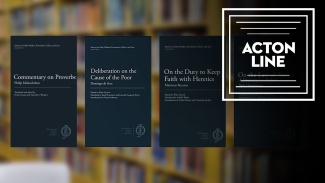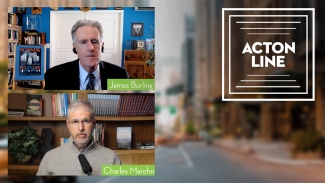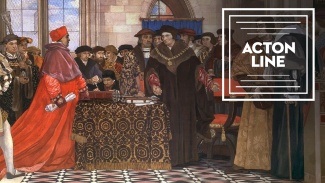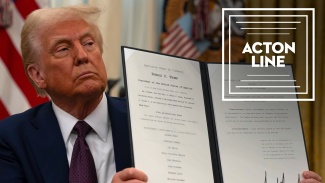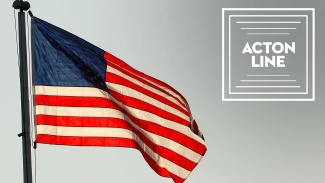
Overview
On October 14, 2020, the New York Post published an expose on former Vice President and current Democratic presidential nominee Joe Biden’s son, Hunter Biden, headlined, “Smoking-gun email reveals how Hunter Biden introduced Ukrainian businessman to VP dad.”
Shortly after the article’s publication, the ability to share the link to the story was limited and, in some cases, prohibited by Facebook and Twitter, with those social media companies alleging that the content was unreliable, unverified, or was prohibited for containing hacked information.
This incident has provoked the latest round of calls for reform or repeal of Section 230 of the Communications Decency Act of 1996.
The U.S. Senate has subpoenaed Facebook CEO Mark Zuckerberg and Twitter CEO Jack Dorsey to appear before a hearing to examine the New York Post incident.
Senator Ken Buck, R-Colo., said “condemnation is not enough. It’s time to reform Section 230.” Sen. Ted Cruz, R-Texas, called Section 230 “a gift” and “a subsidy from the taxpayers to big tech.” And Sen. Josh Hawley, R.-Mo., has introduced legislation that would allow Americans to file lawsuits against “big tech” companies who breach good faith user agreements by censoring political speech or suppressing content.
What is Section 230? What does it actually say? What role did it play in creating the modern internet? And what would happen if it were changed or repealed?
In this episode Scott Lincicome, an international trade attorney and a Senior Fellow in Economic Studies at the Cato Institute, discusses the issues surrounding Section 230.
Scott Lincicome - Cato Institute
Capitolism newsletter at The Dispatch - Scott Lincicome (paywall)
Fine, Let's Talk About Section 230 - Scott Lincicome (paywall)
Defending the Indispensable - Matthew Feeny
Is social media the source of our social problems? - Dan Hugger
Social media censorship: Regulation or innovation? - Ed Morrow
Religion & Liberty Vol. 30 No. 1 on social media - Acton Institute
Should social media companies be treated like publishers and broadcasters? - Hunter Baker
Using social media for good with Daniel Darling - Acton Line








